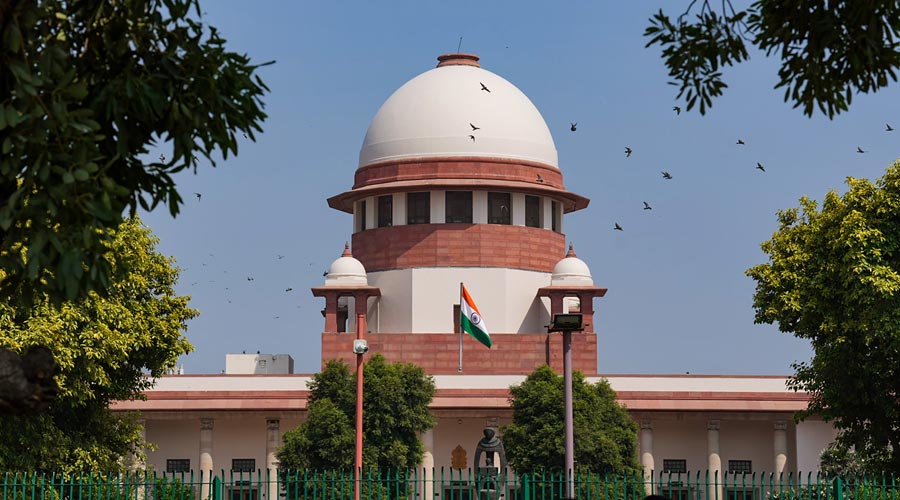Summary
This case began in December 2016, when 16 victim-survivors of Imperial Japan’s military “comfort women” regime filed a lawsuit in the Seoul Central District Court seeking 200 million won each in compensation. The case was filed in the District Court as a forum of last resort, after efforts to challenge Japan in both Japanese and U.S. courts failed. The district court dismissed the case in 2021, holding that Japan qualified for “sovereign immunity”—an international customary law in which domestic national courts do not have jurisdiction over lawsuits against foreign countries and the state is not compelled to foreign jurisdiction over its actions and property. The victim-survivors then appealed to the Seoul High Court.
The Court’s ruling discussed the history of “comfort women,” referenced as hundreds of thousands of girls and women from different Asian countries—particularly Korea—and forced into sexual slavery prior and during World War II by Japan’s military. While the state of Japan officially recognized its operation of the system in 1993, there have been no individual apologies or attempts at reparations. This decision follows that of a January 2021 decision by the Seoul Central District Court, where they found for a different group of victim-survivors.
The particular victim-survivors were registered victims of the scheme from around 1932 to around 1945, and were forced to engage in sexual acts for the sake of Japan’s soldiers at designated Comfort Stations established in Southeast Asia and China. Of the 16 plaintiffs, only 3 were alive at the time of the decision; 4 plaintiffs died before the case was filed, and 4 died during the lawsuit itself. In the case where the plaintiff themselves has died, their children or adopted children took over the proceedings in the case.
The court considered traditional legal doctrine on state immunity and general international customary law, applicable international conventions on state and sovereign immunity, legislative practices of individual countries, relevant judgments of foreign courts, and rulings from the International Court of Justice. In this instance, the plaintiffs are citizens of the Republic of Korea, filing a lawsuit for indemnification of damages in a Korean court against a foreign state who is the defendant due to torts. The court found that Korea has no law stipulating the scope of state immunity, and no treaty recognizing such between Korea and Japan. As such, the case was decided in accordance with customary international law.
The court held that state immunity was not applicable to Japan’s actions in this case. Specifically, that international customary law does not acknowledge the concept of state immunity for torts committed against a national of a forum state within the territory of the forum state, regardless of whether an act is a sovereign act or not. As the plaintiffs were citizens of the Republic of Korea, and the acts took place within the territory of the Korean Peninsula while it was illegally occupied by the Japanese military, Japan is not exempted from the jurisdiction of the courts of Korea. As determined by both statutes within the Korean Civil Procedure Act and international customary law, the Republic of Korea had a substantial relevance to both the parties in the case and the matter at dispute.
The Seoul High Court reversed the District Court’s decision, holding that South Korean courts have jurisdiction over the Japanese government under international law. The court ordered the state of Japan to pay the victim-survivors 200,000,000 won each as the “Claimed Amount” of damages in the initial suit, as well as damages for delay at the rate of 5% per annum from September 21, 2023 to November 23, 2023, and at an additional 12% per annum from the next day until the date of full repayment.


